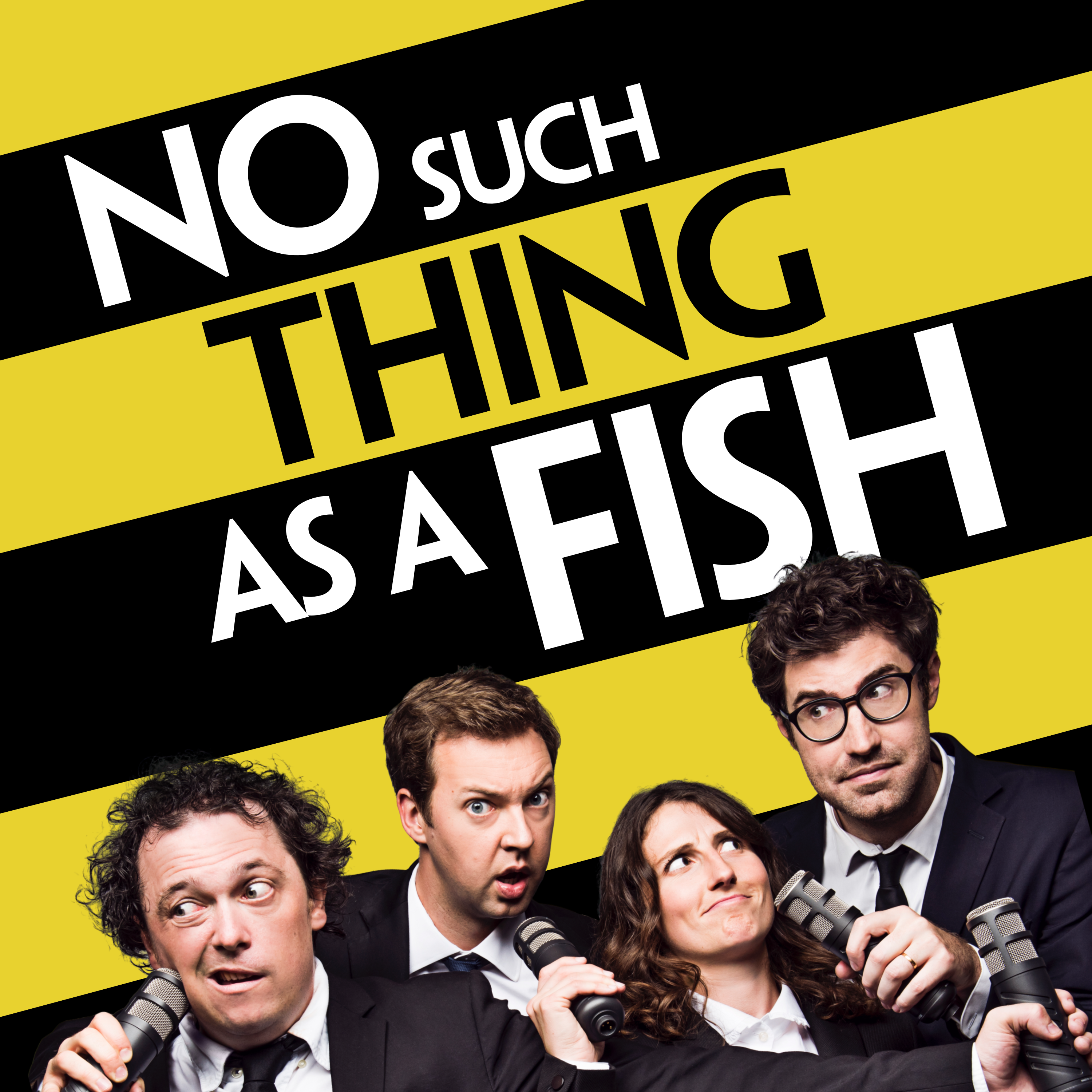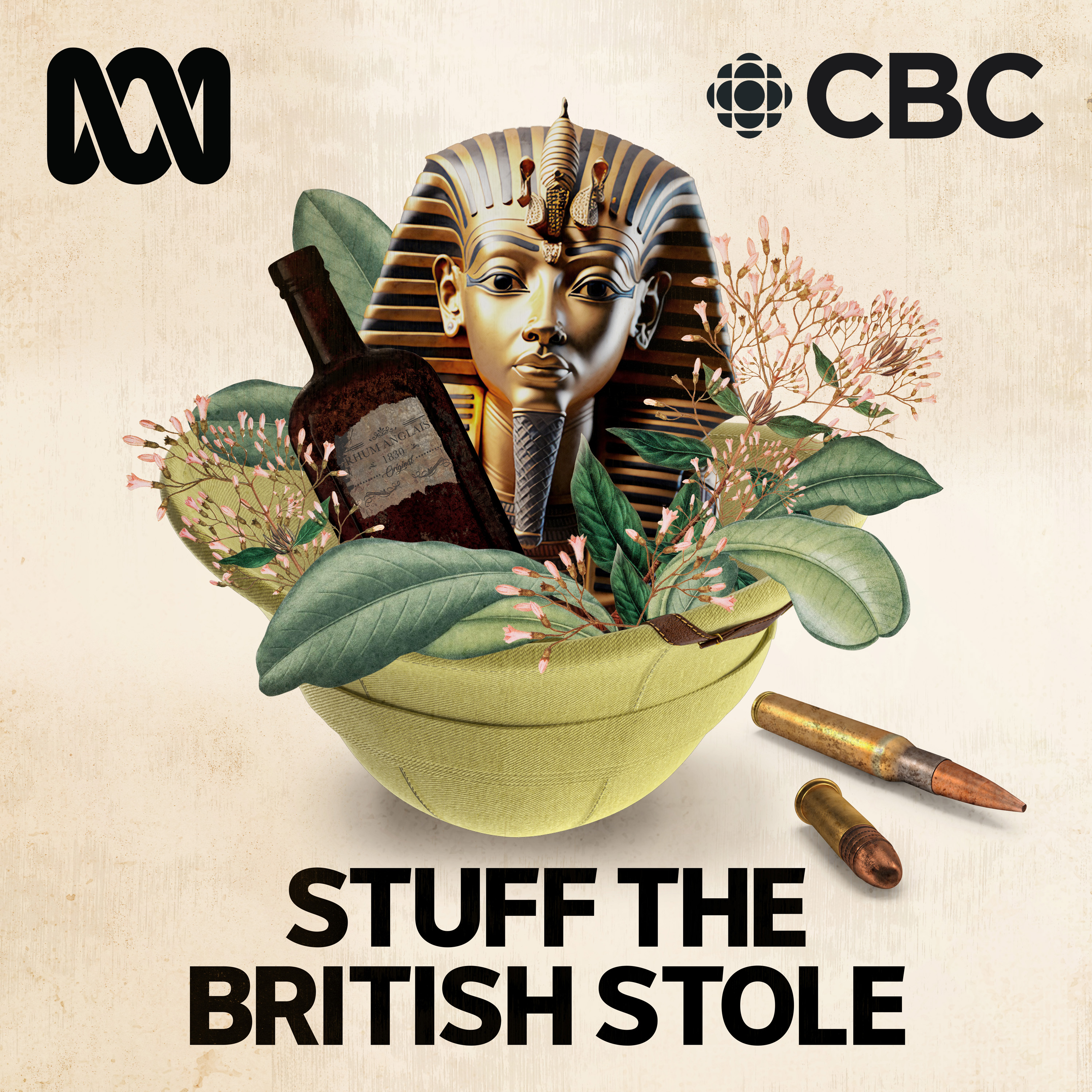
Piano, finally
Piano Finally is a podcast by an old bloke who is learning the piano, finally. I cover the process of learning the piano and music theory as an adult learner. I also review piano books, hardware and other materials from an adult learner's perspective.
Piano, finally
Episode 24 - Music is Hopeful
Welcome to another musical adventure! In this episode of the Piano, Finally podcast, our host, David Reidy, takes listeners on a journey through his experiences as a budding pianist while also sharing recent piano news, reflecting on music’s role in challenging times, and giving a unique piano bench review.
David opens with updates on his piano practice, including correcting a chord mistake in Adele’s Someone Like You. He also discusses his excitement for an upcoming live recording of No Such Thing as a Fish, one of his favorite podcasts, showing that live experiences feed his musical passion.
In exciting piano news, David highlights the discovery of a lost Chopin piece, a Waltz in A Minor. This recently authenticated piece, believed to be composed by Chopin in the 1830s, has spurred several YouTube performances, including an official premiere by Lang Lang. David encourages listeners to check out the various interpretations and even try the piece themselves if they’re up for a challenge.
David then shifts to a deeper theme in an essay reflecting on recent political events. He shares his belief that music brings hope and strength, even in uncertain times. Citing historical pieces like Handel’s Royal Fireworks and Beethoven’s Third Symphony, he illustrates how music has long offered solace and inspiration. To keep hopeful, David suggests creating playlists to lift spirits, especially as we face ongoing challenges.
For his equipment enthusiasts, David reviews the Beale Dual Adjustable Piano Bench, a practical choice for duet players or anyone who multitasks at the piano and computer. With adjustable heights and added storage, the bench has become a staple in David’s setup, improving his comfort and workflow.
David wraps up with progress updates on two pieces: a canon by Fritz Spindler and the opening of Adele’s Someone Like You, both of which he’s getting closer to mastering. As always, he encourages listeners to share their own musical journeys, emphasising the value of community and mutual growth.
Stay tuned for more piano insights, and may we all find a bit of hope and joy in the music we create and share! 🎶 (This description was generated by ChatGPT 4o from the original script of the episode.)
You can contact me:
- via email at david@pianofinally.show; this is probably the best option
- the show website, www.pianofinally.show
- Instagram and Threads @pianofinally
- and on YouTube
- all the podcast directories - list
- here's the RSS feed
Some of the links to books and other items mentioned in the podcast may affiliate links for Amazon or other providers. If you use one of these links, a commission may be paid to me at no additional cost to you. Thank you if you use a link.
All reviews of products, websites and services are unpaid, and no sponsorship has been received for any content on this podcast.
G'day everyone. I'm David Ree]dy. Welcome to Piano. Finally, a podcast by an old bloke who's getting around to learning the piano. Finally, welcome to show 24. Thank you for taking the time to listen. If this is the first time you've heard the podcast, I hope you enjoy what's here. Let me know if you're learning the piano, like I am, or another musical instrument, and let me know how you're going with it. You can contact me at david at pianofinallyshow and if you're a returning listener. Thanks very much for coming back.
David Reidy:In piano playing this week a bit has happened. I have my lessons on Mondays and normally I record the podcast on Sunday, so I get a week to practice the work from the previous lesson before I put it at the end of the show. I did that last week and it turns out that I had been misreading one of the left hand chords in the Adele piece. It's the last chord in the part I played and it has an A and a D in it. I'd been playing it with the A below the D, but it should be with the D below the A. So sorry if last week's practice piece sounded wrong. I didn't notice it because I don't really know the original. And a fourth chord and a fifth chord. Both fit nicely. I think this week's version is correct. Also, I'm recording this week's episode on Saturday. Once again, I'm going to see a show on Sunday. This week's excursion isn't musical, though, but it is still to the theatre.
David Reidy:One of my favourite podcasts is No Such Thing as A Fish. I've been listening to it for many years and it's well worth a listen. I'll probably do a proper review in another episode. The team that makes the podcast are currently on tour, and I have tickets to see them at the State Theatre tomorrow night. It should be fun.
David Reidy:Rather than look at an individual YouTube channel, this week, I thought I'd look at something that has given rise to a huge number of YouTube videos over the last couple of weeks the discovery of a new piece by Chopin. The piece was found in a library in New York, apparently forgotten for many years, before someone found a small card containing the score. Of course, things like this have been discovered before, and one of the first things that needs to be done is to authenticate them. In this case, the paper ink and handwriting are all consistent, with the card being genuine. I think we can probably assume that the experts are right on this one, as all the professional pianists who have played it seem to agree that it sounds like early Chopin.
David Reidy:The short waltz was written between 1830 and 1835, when Chopin was in his early 20s, and, as you can imagine, when a new piece is discovered that is written by a composer who is many pianists' favourite, there'll be a lot of activity. Deutsche Grammophon has released the official world premiere recording of the piece, which features Lang Lang. It's available on all the major music streaming platforms. Lang Lang's performance is, however, not the only one. If you search for Chopin's Waltz A Minor on YouTube, you'll find quite a number of performances, some from pianists I have heard of some from some new names. Either way, you can compare the different interpretations and in this case, as most of the pianists won't have heard other recordings, the different versions are likely to be quite diverse. If you haven't heard the piece yet, give it a listen. The score has been published and it's in the public domain, so you can freely download it and record your own performance. It's well beyond my current level, but it certainly doesn't sound as difficult as many of Chopin's works, so if you're further along in your piano journey than me, it might be worth giving it a try.
David Reidy:Music is hopeful. It has been an interesting week, interesting in the same way as the old curse may you live in interesting times. Tuesday Wednesday in Australia went exactly the way I hoped it wouldn't, but fully expected it would. The results of the United States election prove that racism, sexism, xenophobia and barefaced lying are more popular than acceptance, welcoming, open-mindedness and the truth, at least in the majority of voters' opinions. I spent the rest of the week at work with a lot of disappointed colleagues, but what does this have to do with music? To start with, you would have noticed that a lot of US musicians expressed their opinions in the run-up to the election, mostly on one side, but a few on the other. Music played an important part in the rallies, with some artists refusing permission for their works to be used. More importantly, though, if we look at the history of Western classical music I'm sorry, I don't know enough about other traditions we can see that music can give us hope.
David Reidy:Music has long been used politically. Much of the music of the Baroque era was written by families to show their power and enhance their reputations. Handel's music for the Royal Fireworks was composed to accompany King George II's show of power and grandeur following successful treaty negotiations. Who even remembers the war of the Austrian succession? But Handel's music remains. Composers have made their own political statements with their music. Beethoven's Third Symphony was composed by him thinking about Napoleon, but he famously removed the dedication to Bonaparte when he crowned himself Emperor of the French, although the story may be apocryphal.
David Reidy:So perhaps our own interesting times will produce some great music. I expect that. Whether it does or not is something that we'll not know for a good while yet, but we can use music to help us move along. You can always play nice music. I will be running some meditation sessions during Works Reflection Day this week, so I've spent some time today finding suitable relaxing music that will be appropriate for the day's theme. The music is going to be an essential part of the whole experience. It is very easy to change your mood with music. I cannot listen to the 18th variation in Rachmaninoff's Rhapsody on a Theme by Paganini without feeling much more peaceful. And yes, it is at the top of the list of pieces I want to learn to play when I get advanced enough. Or I defy anyone to listen to the end of the third and start of the fourth movement of Beethoven's Fifth Symphony and not feel the need to get up and do something. So I'm going to recommend that between now and the middle of January, you begin compiling a list of all the music that you may need to get you through the next four years. I'm counting on that and continuing my piano learning.
David Reidy:To keep me full of hope, I have a new piano bench. I've had it for a couple of weeks now and I've decided it's worth writing about, as it lets me work more effectively at the piano than I would otherwise be able to do. It's the Beale Dual Adjustable Piano Bench. It's a bench designed for playing duets when the two pianists prefer benches of different heights. All up the bench is just under a metre wide, but it is divided in half, with each half being separately adjustable in height. The height adjustment is the normal large knob on the side of the bench, but whereas on a normal bench both knobs do the same job, on this one each adjusts one half job, on this one each adjusts one half. You might be wondering why I need a bench that can accommodate different heights if I'm the only one playing and my height doesn't fluctuate widely throughout the day.
David Reidy:It's simple I use the bench for two different jobs. Obviously, I use it to play the piano, but I also need to use a computer next to the piano. I need a different height to match the desk that holds the Mac Mini and recording equipment. I next to the piano. I need a different height to match the desk that holds the Mac Mini and recording equipment I use for the podcast. The adjustable height means I'm sitting ergonomically in both places, and the wider bench means that I can just slide down the bench to be in front of the computer. It works quite well.
David Reidy:The bench is well made, the covering is good quality and the buttons they put in to give it some shape seem sturdy. Each of the two bench seats lifts up to provide storage underneath, so you get more space than a conventional piano bench too. It was about 50% more expensive than the same bench as a single, but for me the extra convenience was well worth the price. There's also an update to an earlier review. Modart has just released a new piano for their Pianoteq software, the Shiguru Kawai SK-EX Grand Piano. I bought my copy of PianoTek less than a year ago, so I got the new model for free. Otherwise it costs €49. It's a model of the same piano that my Kawai NV-10 uses, so I'll compare the NV-10 and the Piano Tech versions in an upcoming episode. Now, if I can just find someone with a real SK-EX that they'll let me record on, we could have a complete comparison.
David Reidy:Well, that's it for this week. If you'd like to contact me, email is the best way. You'll find me at david at pianofinallyshow and the website at wwwpianofinallyshow. In both cases, piano finally is all one word. Let me know where you are in your piano journey. The show is on Facebook and Instagram and it's available as audio only on YouTube. You can subscribe via any popular iOS or Android podcast application or from directories such as Apple Podcasts, spotify or Player FM. So until the next episode, I hope your piano stays in tune and you enjoy your time at the keys.
David Reidy:Once again, I'll put two pieces in this week's progress. The first is the Canon by Fritz Spindler, which I've been working on more this week and can really notice the improvement. It still needs work on the dynamics, but it's nearly at speed and I can play it reliably nine times out of ten. The second piece is the piano part of Someone Like you by Adele, the piece I'm getting ready for performance. It's still just the opening four bars but, as I said before, that's half the chords in the piece and I'm working on making the transitions between the chords seamless. It's not quite there yet, but it's coming along. Thank you you.
Podcasts we love
Check out these other fine podcasts recommended by us, not an algorithm.

Connected
Relay
Upgrade
Relay
No Such Thing As A Fish
No Such Thing As A Fish
We Can Be Weirdos
Global
Stuff The British Stole
ABC and CBC
The iDeveloper Podcast
Steve Scott (Scotty) & John FoxRaven On: A Pop Culture Podcast
Natalie Bochenski & Stuart Layt
Smart Enough to Know Better
Dan Beeston & Greg Wah
TopMusic Piano Podcast
Tim Topham
The Chopin Podcast
Garrick Ohlsson and Ben Laude


